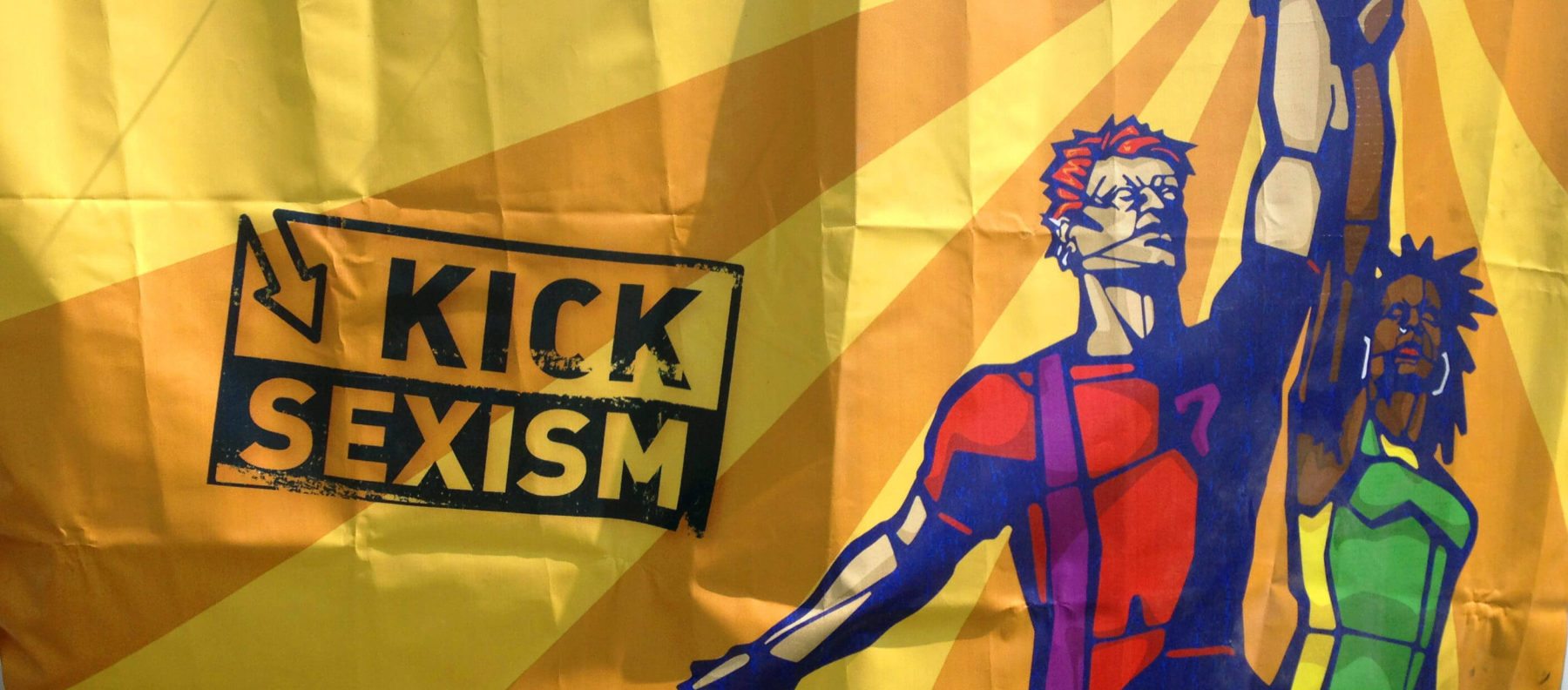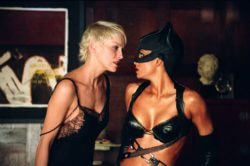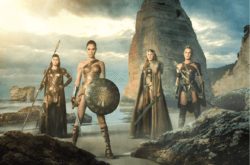Wonder Woman: The answer to our anti-sexism prayers?
So way back in the distant past (2012), it seemed that a female superhero protagonist in films was neither a financially viable option, or one which was capable of producing good films. The examples of superhero films with female leads before this point were, how to phrase this … not very good.
For a long time, it seemed that oestrogen and superpowers were the two things that just wouldn’t successfully merge.
On the one side of the spectrum, there were the gritty, yet somewhat ’empowered’ films, such as Catwoman (2004) and Elektra (2005), which to a ridiculous extent sexualised their leads. On the other hand, there were the ‘ditsy klutzes’ of the comic book world in the form of the original (not to be confused with the currently airing TV show which we’ll touch on later) Supergirl (1984).
For a long time, it seemed that oestrogen and superpowers were the two things that just wouldn’t successfully merge. Cinematic universes and superhero collaborations were being built on the dreams of fans, and stacks and stacks of money as comic book adaptations took over the world and box office.
A film about a group of space outlaws including a talking raccoon and a tree worth the gamble? Yes. Now everybody knows raccoons and Chris Pratt can earn big bucks. A film with a female superhero as its protagonist? No, such things are unreasonable – why, a female lead would mean it would have to become a screwball romantic comedy to appeal to the female audience, surely?
One of the best skewerings of this sexist mindset was back in May 2015, when Saturday Night Live released a fake trailer for a Black Widow movie, something which has been “in discussion” (and currently looks to never happen) for a number of years. If you haven’t seen it, then it’s definitely worth your time. The trailer takes the Marvel characters and puts them in a traditional romantic comedy in a film entitled: Black Widow: Age of Me, followed by assurances that Marvel “know girls,” capping off a hilarious piece of satire.
For those disappointed in Batman vs Superman, it’s hope for a great DC film, for film-goers looking for a strong female lead, it could provide just that
And so here we are in 2016 and things are slowly moving forward. While we still have yet to have a female protagonist in a superhero film, we have the hope for them in Wonder Woman (2017) and Captain Marvel (2018) – two films belonging to the DC expanded universe, and the Marvel Cinematic Universe respectively. Whether these films make a drastic change to the sexism inherent in superhero movies, or whether they will be any good, remains to be seen.
What can be said for certain at this point is that female superheroes are at least getting some recognition in TV adaptations, as seen with the first seasons of Supergirl (2016) (though it received mixed reviews for its light and optimistic examination of a female superhero), and Jessica Jones (2015). The second MCU Netflix property is heaping on huge praise for its dark and gritty tone akin to the already successful Daredevil (2014), managing to dive into new territory of exploring issues, such as abuse or rape.
So yes there is change – it just took an infuriatingly long period of time to realise that female superheroes can work. Wonder Woman at this point in time is a hope for many people; for those disappointed in Batman vs Superman it’s hope for a great DC film, for film-goers looking for a strong female lead, it could provide just that (based on what little of Wonder Woman we’ve seen).
We could be on the threshold of seeing genuinely good female superhero films next year and who knows, maybe we may soon get the Black Widow we were promised.



Comments